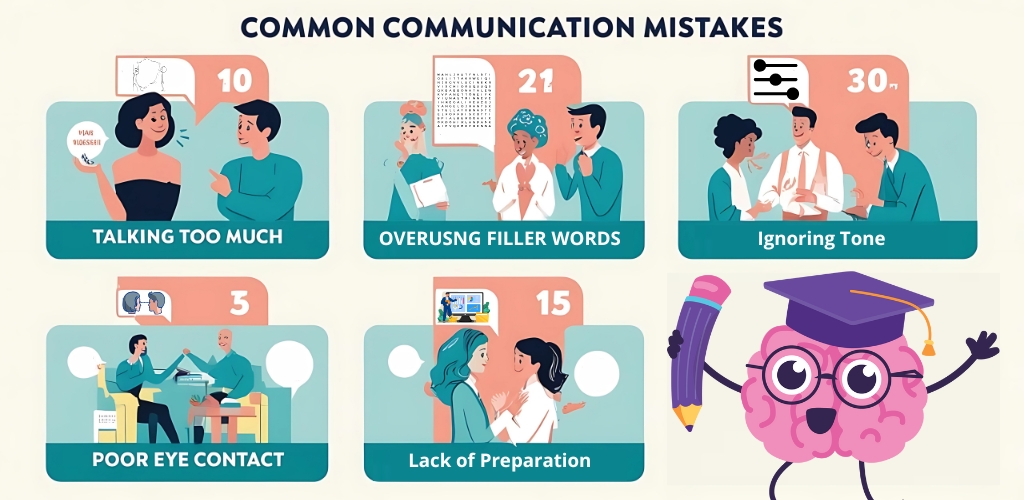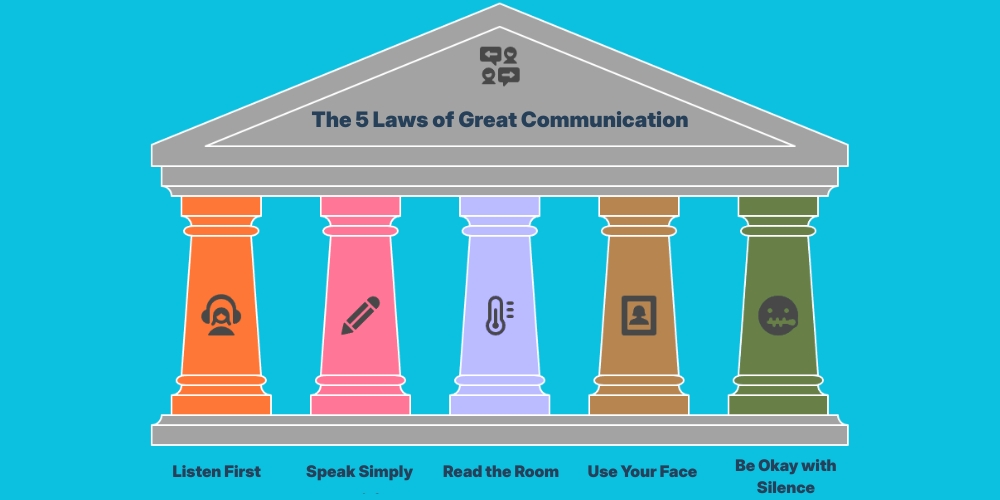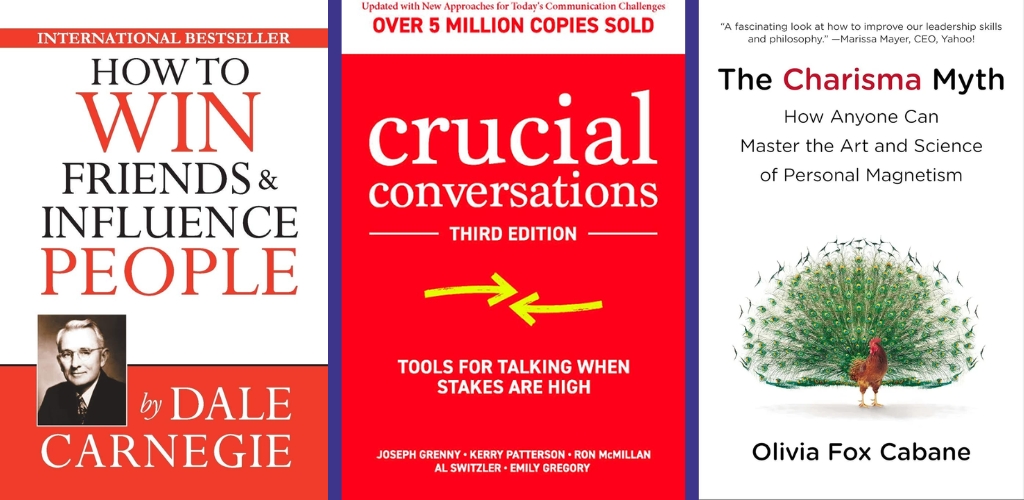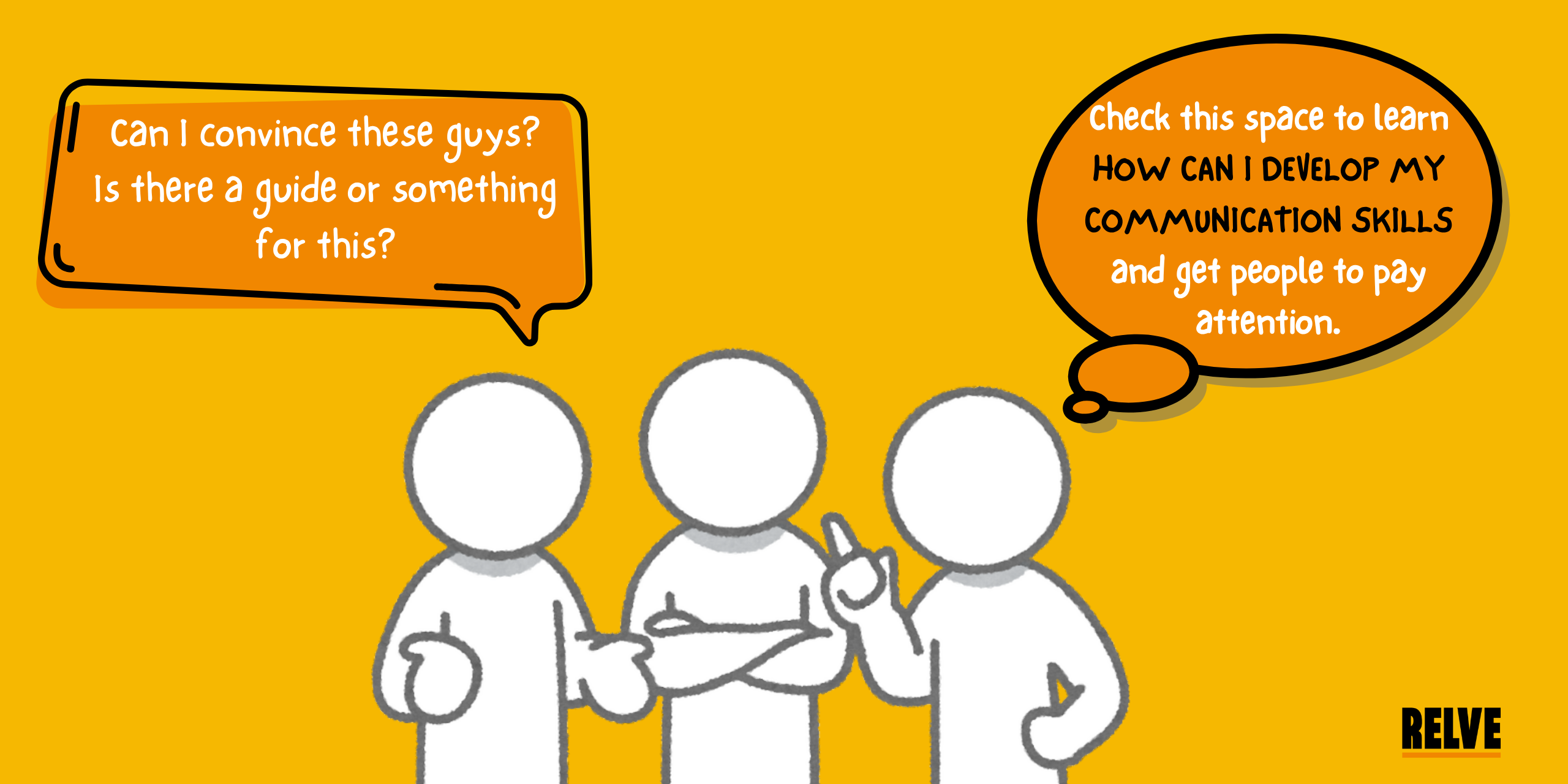No one wants to feel awkward in a conversation or misunderstood at work. But many of us do. You say one thing, and people hear something totally different. Sound familiar? If you’ve ever wondered, how can I develop my communication skills so people actually listen and respond? You’re in the right place.
In this guide, you’ll learn the key strategies, everyday exercises, and common mistakes to avoid if you want to become a stronger communicator. We’ll even show you how communication connects to other important soft skills like conflict resolution, coordination, and leadership. Stick with us. No jargon. Just real, simple stuff that works.
Why Are Communication Skills So Important?
🧠 1-Question Challenge: Can You Spot the Best Communicator?
“I think we should pivot, but I’m open to suggestions. What’s everyone’s take?”
What do you do?
Strong communication isn’t about big words or fancy speeches. It’s about being clear, being heard, and making others feel heard too. Whether you’re in university, managing a team, applying for jobs, or leading a company, good communication helps you win trust and get things done.
According to a report by LinkedIn, communication topped the list of soft skills most in demand across industries in 2023. Another study by Grammarly and Harris Poll found that poor communication in the workplace costs companies around $1.2 trillion per year in the U.S.
In short? If you can’t communicate well, you miss out on jobs, promotions, relationships, and respect.
Signs You Need to Improve Your Communication Skills
Not sure if you need help in this area? Here are a few red flags:

- People often misinterpret your words
- You find it hard to explain things clearly
- You get nervous during presentations or team calls
- You interrupt without meaning to
- Your tone sounds rude even when you don’t intend it
- You struggle to keep a conversation going
If even one of these sounds like you, it’s a sign your communication skills need a workout.
Core Principles Behind Effective Communication
Before we dive into the hacks, let’s break down the stuff that actually makes communication work. These are the ingredients your soft skills forgot to order.

1. Active Listening
Most people listen just to talk next. Don’t be that person. Put your phone screen down, lock eyes, and pay attention like your social life depends on it. Because it kind of does.
2. Clarity and Conciseness
Nobody has time for a life story monologue when you’re just answering a yes or no question. Say what you mean. Keep it short. Cut the fluff. Your words are not a buffet.
3. Nonverbal Cues
If your mouth says “I’m fine” but your face screams “I hate you,” we’ve got a problem. Your body talks louder than your words. Use it wisely.
4. Empathy
Communication isn’t a monologue. Feel what they feel. It makes your responses smarter and your arguments way less painful.
5. Feedback and Flexibility
Want to get better fast? Ask for feedback from friends and colleagues. Great communicators don’t just talk. They adjust. They read the room, switch gears when needed, and never stick to one script like a chatbot.
Actionable Ways to Develop Communication Skills
These strategies are easy, repeatable, and proven to work.
1. Practice Speaking Daily
You don’t need a TED Talk stage. Talk to a friend. Explain a concept to yourself in the mirror. The more you speak, the more confident you get.
2. Read Widely and Often
Books, blogs, even tweets – reading helps build vocabulary and understand tone. A few must-read books to develop communication skills:

3. Join Groups Like Toastmasters
It’s a global platform where people practice public speaking and get helpful feedback. A great way to learn how to develop verbal communication skills without judgment.
4. Record Yourself
Record a voice memo explaining something. Then listen. Notice any “uhs” or rambling? You just found what to fix.
5. Learn to Pause
Pauses aren’t awkward. They make you sound thoughtful and give listeners time to absorb.
Daily Exercises to Sharpen Communication
You don’t need a coach or a class to get started. Here are daily communication workouts:
- Mirror Exercise: Pick a random topic and speak for 2 minutes in front of a mirror. Watch your expressions.
- Word of the Day: Learn and use one new word in conversation.
- Summarize: After a meeting or podcast, summarize the key points out loud.
- Ask Open-Ended Questions: At dinner or on a call, ask questions that start with "What" or "How" instead of yes/no.
- Silent Listening Drill: Spend 5 minutes daily listening without interrupting or planning your response.
Common Mistakes to Avoid During Communication
Let’s face it. You can be doing all the right things, but one habit can ruin it. Here are a few communication landmines:
- Talking Too Much: Don’t dominate. Conversations are like tennis, not bowling.
- Overusing Filler Words: "Like," "basically," and "you know" distract your listener.
- Ignoring Tone: Even if your words are nice, your tone might sound cold or sarcastic.
- Poor Eye Contact: Too much feels creepy. Too little feels disinterested.
- Lack of Preparation: Winging it is not a personality trait. It’s just poor planning.
How Communication Skills Support Other Abilities
Improving your communication helps other skills shine too. When you can explain yourself well, you also improve how you resolve conflicts. Curious how? Check out this guide on conflict resolution skills.
Trying to coordinate projects or manage people? You need clarity and confidence in speech. Learn more in our post about coordination skills.
And of course, every great leader is a great communicator.
Conclusion

You asked, how can I develop my communication skills? Now you’ve got the playbook. Listen like you mean it. Speak like you’ve thought it through. Ask smarter questions. Cut the fluff. Then repeat. Practice every day. Mess up. Learn. Ask for feedback that doesn’t just stroke your ego.
Great communication isn’t about sounding smart. It’s about making people feel heard. So don’t wait for a course or a perfect moment. Start small today. Do it again tomorrow. Future you—and everyone who has to talk to you—will be grateful.
